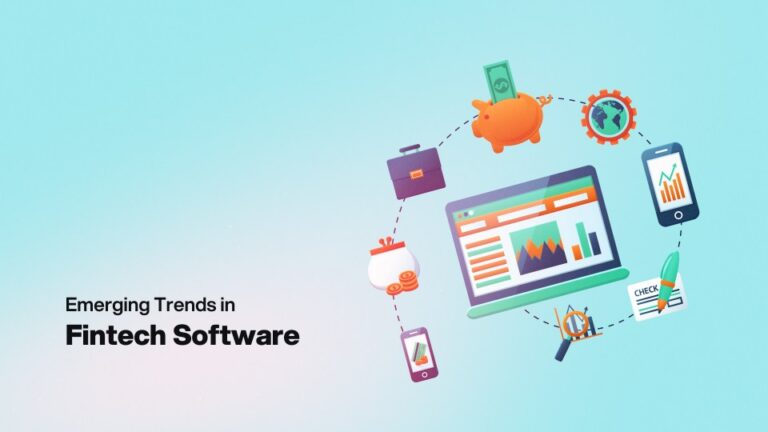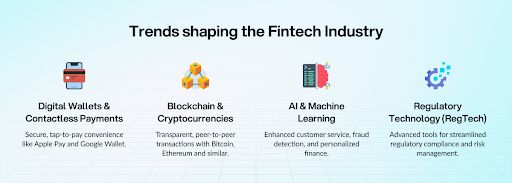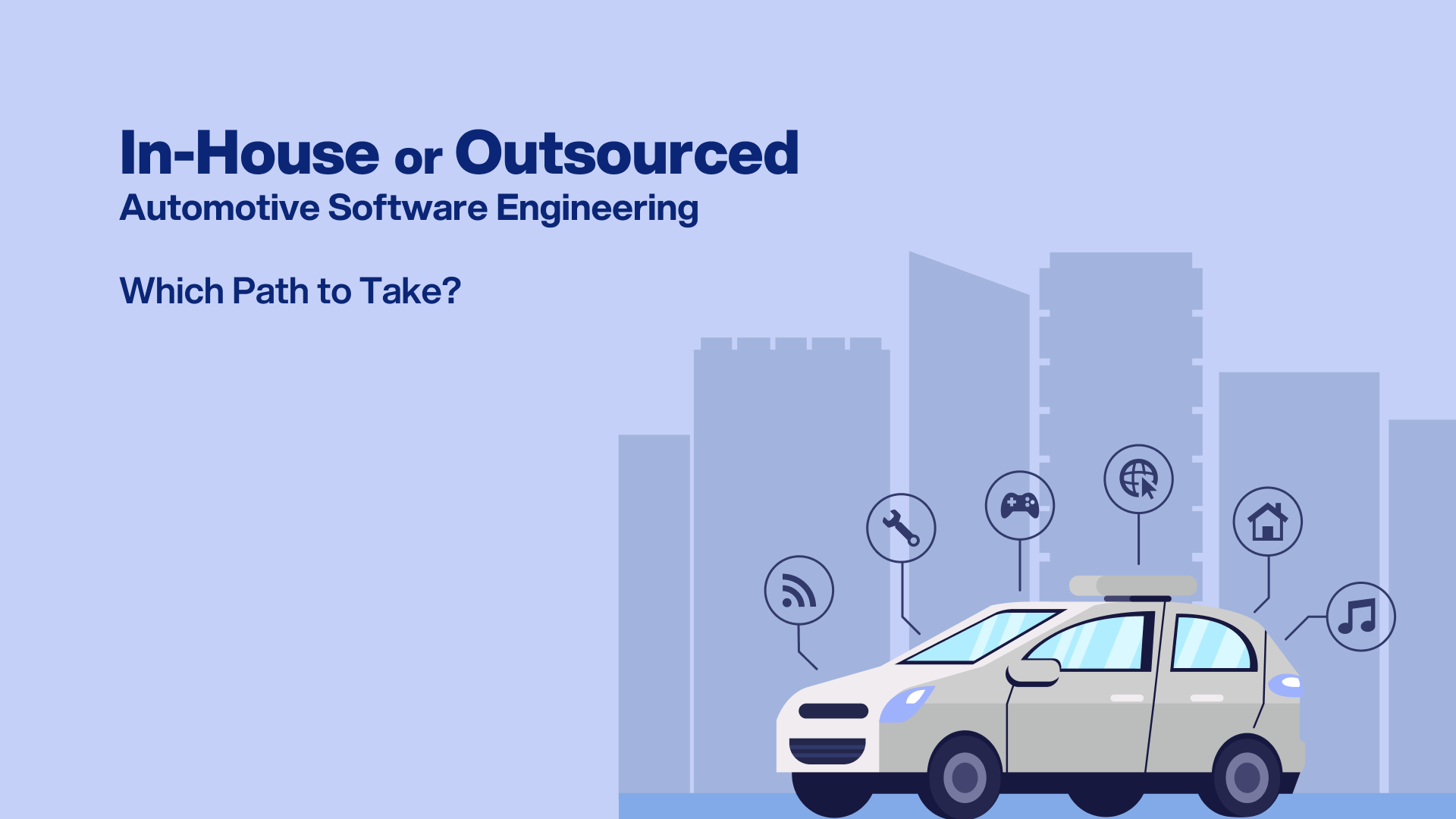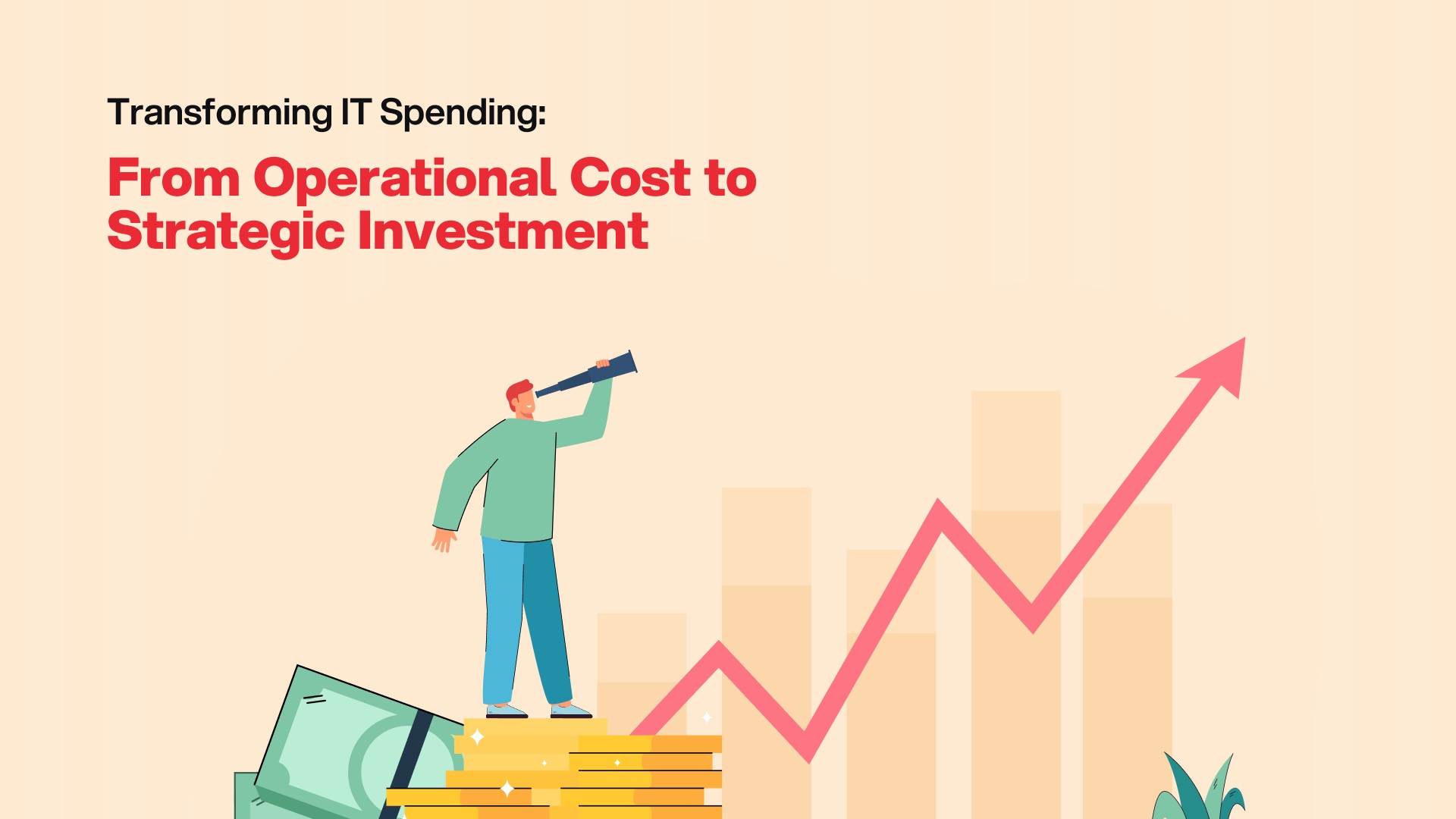
Contents
The FinTech industry is buzzing with fresh trends driven by both consumers and the market. While the industry has experienced rapid growth and some challenging times, exciting new trends are now shaping its future. These FinTech software trends, backed by extensive research and data from various FinTech sources, offer valuable insights for fintech creators and service providers to harness and thrive in this dynamic space.
What is FinTech Software
FinTech software development is the process of creating digital solutions for financial services. Specifically, it includes designing, building, and launching apps that make managing money easier and more secure. Moreover, these apps use advanced technologies like artificial intelligence, blockchain, cloud computing, and data analytics to improve financial transactions.
FinTech software can be as simple as payment apps or as advanced as trading platforms that analyze market trends. Ultimately, the main goal is to make financial services more accessible, lower costs, and improve user experience. By automating tasks, analyzing data better, and enabling instant transactions, FinTech is helping to remove traditional barriers in the financial industry.
FinTech Software and Its Emerging Trends in Life
Suppose you are a young entrepreneur with a passion for technology and a dream of starting your own business. One evening, while sipping coffee at your favorite café, you overhear a conversation about “FinTech”. Intrigued, you decide to dive into the world of financial technology to understand how it could revolutionize your business plans.

You discover that FinTech, short for financial technology, is all about using innovative software and technology to improve financial services. FinTech is transforming the way we handle money, making banking, investing, and payments more efficient, accessible, and user-friendly.
As you continue your exploration, you stumble upon several exciting trends shaping the FinTech industry:
- Digital Wallets and Contactless Payments: You realize that more people are moving away from cash and traditional cards in favor of digital wallets like Apple Pay and Google Wallet. Notably, these wallets allow users to make secure and convenient payments with just a tap on their phone.
- Blockchain and Cryptocurrencies: You are fascinated by blockchain technology, which offers a secure and transparent way to record transactions. Moreover, cryptocurrencies like Bitcoin and Ethereum are gaining popularity, enabling peer-to-peer transactions without the need for traditional banks.
- AI and Machine Learning: You discover that AI-powered chatbots and machine learning algorithms are being used to enhance customer service, detect fraudulent activities, and provide personalized financial advice. Additionally, this technology is helping financial institutions operate more efficiently and securely.
- Regtech: Regulatory technology is another trend, and these solutions help financial institutions comply with regulations more effectively, thereby reducing the risk of fines and improving overall transparency.
By incorporating these FinTech solutions into your business plan, an ideal payment system for your customers can be created and enhanced by AI-driven insights and blockchain security. Furthermore, with these tools, you can offer a cutting-edge financial experience that will set your business apart. In the world of FinTech software, there are endless possibilities that innovative financial technology offers. Armed with this knowledge, your ideas regarding your business can bring your vision to life, knowing that FinTech will be a key driver of your success.
Find Your Perfect Software Outsourcing Partner
Unlock a world of trusted software outsourcing companies and elevate your business operations seamlessly.
Discover CompaniesFinal Thoughts
FinTech software is undergoing a major transformation, thanks to these emerging technologies. For instance, AI-driven automation, blockchain security, embedded finance, cloud scalability, and biometric authentication are reshaping how financial services operate. As these trends continue to evolve, businesses and consumers can expect a more secure, efficient, and user-friendly financial ecosystem.
FAQ
What are the benefits of using FinTech services?
A: FinTech services offer faster transactions, lower costs, and greater accessibility to financial tools. They provide convenience through digital banking, automated investing, and personalized financial insights.
How secure are FinTech services?
A: FinTech services use encryption, biometric authentication, and AI-driven fraud detection to enhance security. However, risks like cyber threats and data breaches still require strong regulatory compliance and user vigilance.
What are the potential risks/ challenges of using FinTech services?
A: Risks include data breaches, cyber fraud, regulatory compliance issues, and technical glitches. Users must ensure strong cybersecurity practices and choose reputable FinTech providers.
How can small businesses benefit from Fintech solutions?
A: Small businesses can access quick loans, streamline payments, and automate accounting through FinTech solutions. These tools improve cash flow, reduce operational costs, and enhance financial management.
What tech stack and tools are required in creating a FinTech software?
A: Common tech stacks include Python, Java, and Node.js for back-end development, React or Angular for front-end, and PostgreSQL or MongoDB for databases. Security tools like OAuth, biometric authentication, and blockchain enhance data protection.
How can FinTech help with personal financial management?
A: FinTech apps provide budgeting tools, automated savings, and expense tracking to improve financial control. AI-driven insights help users make informed financial decisions.






